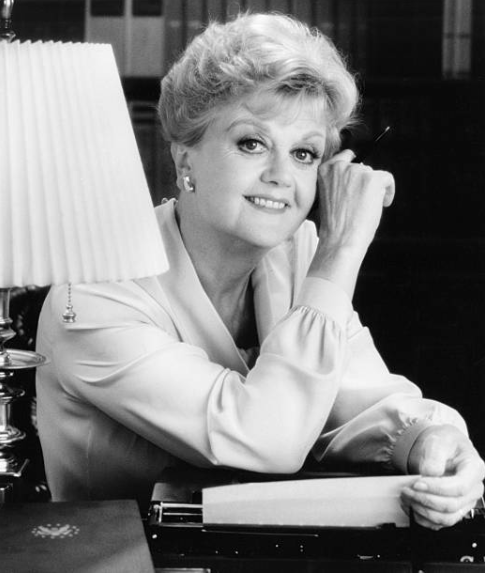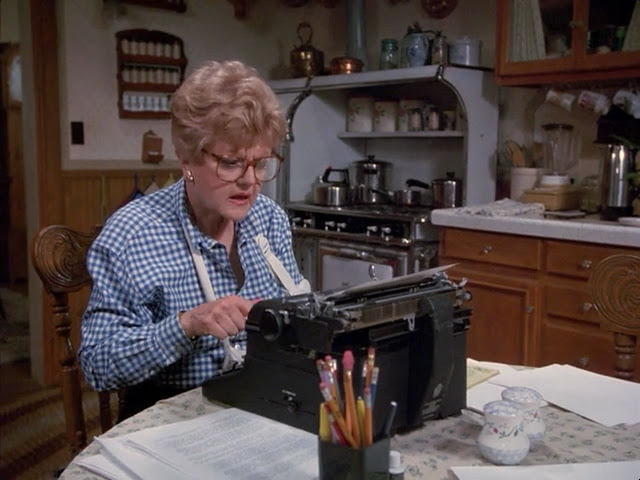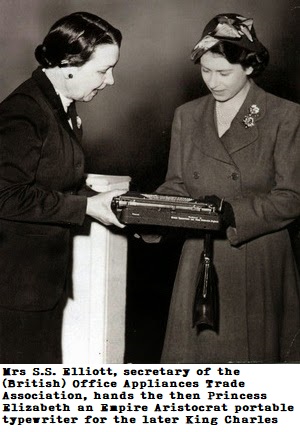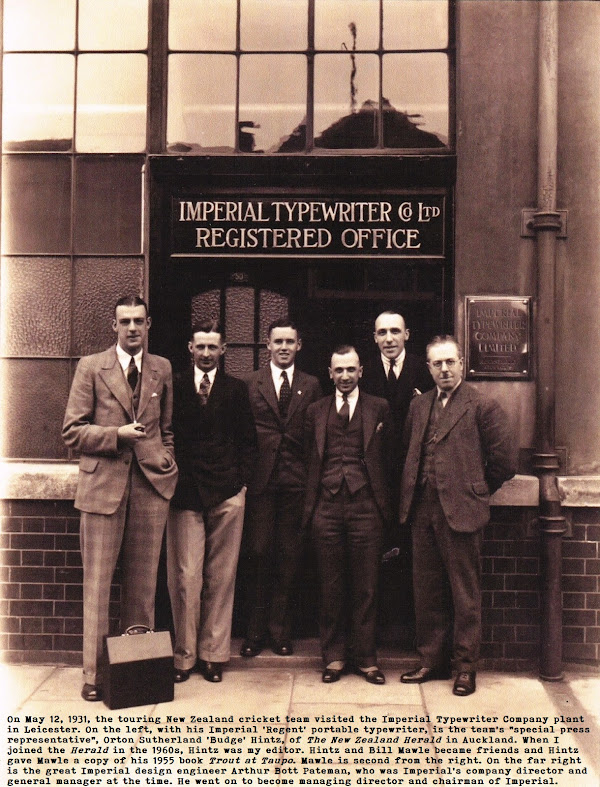World Typewriter Day was marked yesterday and merely acted as a reminder that Latham Sholes’s earliest patents were barely practical and needed a lot of work before a fully functioning typewriter could emerge. One man responsible for much of that work was Jefferson Moody Clough (1829-1908). The 1916 Encyclopedia of Massachusetts states Clough was also “paid handsomely” to perfect the Hammond and Yōst typewriters.
Total Pageviews
Saturday, 24 June 2023
Jefferson Moody Clough, The Unsung "Typewriter Maker of Ilion"
World Typewriter Day was marked yesterday and merely acted as a reminder that Latham Sholes’s earliest patents were barely practical and needed a lot of work before a fully functioning typewriter could emerge. One man responsible for much of that work was Jefferson Moody Clough (1829-1908). The 1916 Encyclopedia of Massachusetts states Clough was also “paid handsomely” to perfect the Hammond and Yōst typewriters.
Sunday, 12 February 2023
Saturday, 11 February 2023
Friday, 10 February 2023
Sunday, 1 January 2023
RIP Barbara Walters (1929-2022)
Barbara Jill Walters (September 25, 1929 – December 30, 2022) was an American broadcast journalist known for her interviewing ability. Walters appeared as a host of numerous television programs, including Today, the ABC Evening News, 20/20 and The View. Walters was a working journalist from 1951 until her retirement in 2015. She died at her home in Manhattan on Friday, aged 93.
Wednesday, 19 October 2022
Wednesday, 12 October 2022
Vale Angela Lansbury (1925-2022)
Tuesday, 20 September 2022
Mitterhofer Typewriter Claim Upsets US Historian
Sunday, 18 September 2022
The Queen is Dead, Long Live the King’s Typewriter
Charles got his typewriter on May 5, 1949, nine days before he turned six months old. It was given to his mother, then Princess Elizabeth, at the British Industries Fair at Olympia in London. The typewriter is an Empire Aristocrat with 18-carat gold key rings and typebars (which Gary’s doesn’t have). The Aristocrat was presented to the future Queen by a Mrs S.S. Elliott, secretary of the Office Appliances Trade Association. Future British Prime Minister Harold Wilson, as president of the Board of Trade, had welcomed the princess, her husband, mother and sister to the fair.
Mrs Elliott told Elizabeth, “We thought that perhaps Prince Charles
might begin to learn his alphabet from the keyboard.” “What a good idea,” replied Elizabeth.
The Empire Aristocrat was made by Bill Mawle’s company, British Typewriters, in West Bromwich. It was from this plant, originally established as George Salter’s Spring Works, that in 1878 the West Bromwich Albion football club emerged, out of the company’s cricket team. In 1935 Mawle, a World War I flying ace (and later Group Captain Mawle OBE DFC), was sales manager for the Imperial Typewriter Company in Leicester. He was sent to a trade show in Switzerland and there spotted a new slimline portable typewriter, later to become famous as the Hermes Baby. Mawle bought the British rights to the design for £3000 and returned to Britain to begin manufacturing at the then abandoned Sattler factory. Mawle’s company, later known as Empire Typewriters, was sold to the American typewriter concern L.C. Smith Corona in 1962.
WD-40 and Typewriters: Never the Twain Should Meet
Whenever I fix a typewriter, I offer the customer free after-service care. Yesterday, for the first time, that offer was taken up. Three years ago I had worked on a 70-year-old Royal HHP standard which had been bought for a Canberra woman by her mother-in-law, from the San Francisco Typewriter Exchange. Last week the owner contacted me to say the keys and typebars wouldn’t move. She wasn’t wrong. It would have taken a sledgehammer to get them operational.
The owner said she had no knowledge of anyone spraying
anything into the segment. But, from experience, that is exactly what had
happened. And the guilty item: WD-40! WD-40 is a water dispersant spray, not a
lubricant. WD-40 shouldn’t be allowed within a 100 miles of a typewriter, the keys
and typebars of which work through a combination of a multitude of gears, levers and
springs and good ol’ gravity. Allow WD-40 anywhere near those gears, lever connections
and springs, or the groves of the segment, and you’re asking for big, big
problems. WD-40 works like Lanolin, it congeals and clogs.
It took 24 hours of serious bubble bathing, relubricating and much
gentle manual persuasion to get the keys and typebars working properly again. Today’s
lesson? Never use WD-40 as a lubricant. And never, ever, use it on a typewriter.
Saturday, 13 August 2022
When Jeff Missed Out To The Typewriter Guy
While I was cleaning up this Remington Noiseless portable for today’s typewriter presentation, I came across what I at first took to be a bit of foliage or piece of cloth buried inside the workings of the machine. Nothing unusual in that. I brushed it out and only some time later looked more closely at it - and realised it was a typed slip of paper. “Do you love me or Jeff” was the plaintive cry of the guy who once owned this lovely machine. “No” the future Mrs Typewriter Guy seems to have written on it in pencil. I’m taking it to mean she didn’t love Jeff, just the Typewriter Guy. Lovers of typewriters, after all, make the best lovers. What’s your interpretation?
Monday, 11 July 2022
Friday, 8 July 2022
RIP James Caan (1940-2022)
Actor James Caan, who died in Los Angeles on Wednesday, aged 82, will be best remembered by typewriter lovers for his manhandling of a Royal 10 standard in the 1990 movie Misery. He also used a Smith-Corona electric portable in that film, and it wasn't the only movie in which Caan used a typewriter. He was seen typing on an L.C. Smith in 1975's Funny Girl, in which he played impresario and theatrical showman Billy Rose, opposite Barbra Streisand as comedienne Fanny Brice, Rose's first wife, and also in Neil Simon's semi-autobographical Chapter Two in 1979, in which Caan played George Schneider, a New York City author. In this movie Caan was also using a Royal, but a much more modern Ultronic electric. James Edmund Caan was born in The Bronx on March 26, 1940.




























































